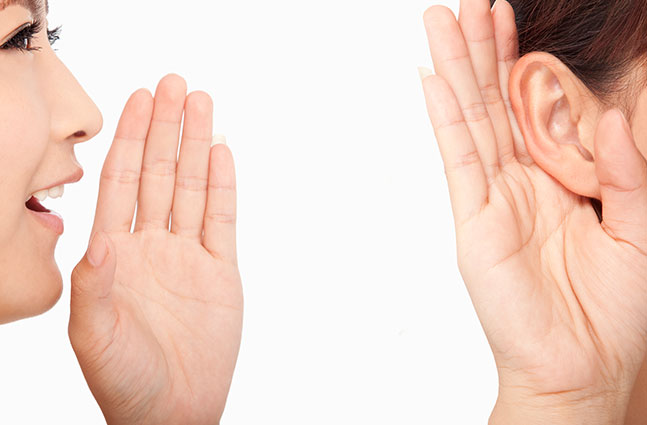Types of Bilateral Hearing Loss

Hearing loss is the unfortunate inability to recognize and process sound signals. It can affect one or both ears in varying degrees of severity. Bilateral hearing loss (BHL) refers to hearing loss that affects both ears.
BHL is a more common form of hearing loss that is often easier to diagnose since it is more noticeable. People who have hearing loss only in one ear may compensate for it by using their “good ear” to listen to missed sounds. Those who have hearing damage in both ears are unable to mask their hearing damage or use such compensatory techniques. They are therefore the ones who are more likely to seek treatment for hearing loss.
People with BHL may have asymmetrical hearing loss, which means that the degree of hearing loss may be more severe in one ear than the other. Those who have symmetrical forms of BHL tend to have a similar level of hearing loss in both their ears. BHL may even be conductive in nature as well as sensorineural. In such cases, this type of BHL is referred to as mixed hearing damage.
People with BHL have similar symptoms to every other person who has hearing loss. They hear muffled sounds all around them, have difficulty understanding what people say, turn up the volume on their television, and often ask others to repeat what they said. Over time, people with BHL often become reclusive since they feel left out during conversations. They may even become more irritable, exhausted, and depressed.
Hearing loss is generally broken down into two categories. The first is conductive hearing loss, which refers to hearing loss that is caused by either some sort of infection or physical obstruction such as too much earwax. In most cases, conductive hearing loss is easily treatable using antibiotics or cleaning out the ears.
Sensorineural hearing loss is generally more difficult to treat. It can occur due to a number of reasons, ranging from hereditary predisposition, ototoxic medications, or prolonged exposure to unsafe levels of sound. This type of hearing loss often tends to be more difficult to treat because it often involves physical damage to the delicate structures within the inner ear. Those with this kind of hearing loss often have permanent hearing damage.
